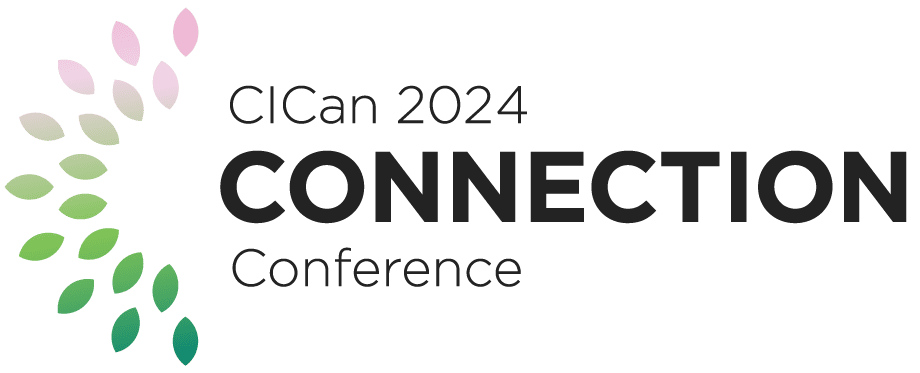Giving Credit Where Credit is Due: The Story of Recognizing Prior Learning in Kenya (E/SI)
Kenya is a well-developed east-African country whose economy presents an interesting juxtaposition of modern western enterprise and traditional Swahili trades. 83% of the 18-million workers in Kenya are employed in the immense “informal” Jua-Kali sector, which offers an array of goods and services delivered by highly skilled, but informally trained and non-certified, technicians, craftspeople, and artisans. In 2008, to bolster their economy, the national government prioritized a number of critical sectors for growth and development under the auspices of “Kenya Vision 2030”. They also identified implementation of a consistent and reliable national Recognition of Prior Learning (RPL) system in the Technical Vocational Education and Training (TVET) sector as a catalyst. 25 TVET centres of excellence (COEs) would be chosen, and their responsibility would be to assess, certify, and mobilize the Jua-Kali workforce, enabling “formal” participation in the economy.
With support from Mastercard Foundation, CICan partnered with the Kenyan Ministry of Education on the realization of this ambitious goal through The Young Africa Works-Kenya TVET program in 2019. By spring, they had chosen an intrepid team of Canadian RPL experts and project managers whose task would be to design and implement an RPL system to certify 10,000 Kenyan youth, women, and Jua-Kali workers, post haste.
This presentation tells the story of this 4-year undertaking. Project leaders and technical experts from NorQuest College and Humber College will share their approach, challenges, victories, amusing and heart-warming anecdotes, and reflect on accomplishing their work amidst the turmoil of COVID-19.
Stream: Advancing Teaching, Learning and Student Success
Speakers
International Project Officer | NorQuest College
Manager, Business and Operations, International Development Institute | Humber College
